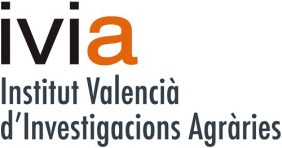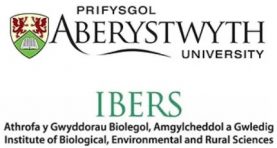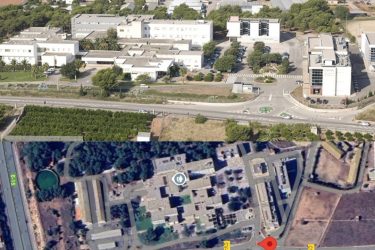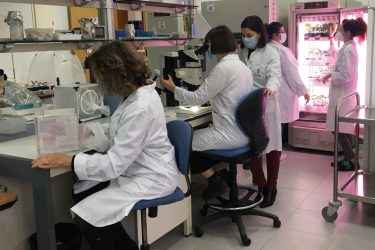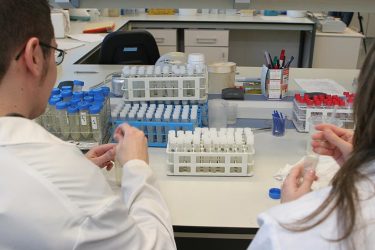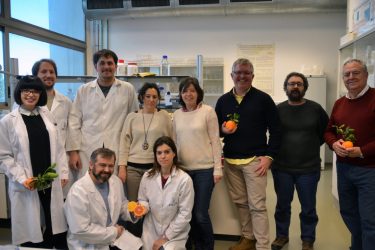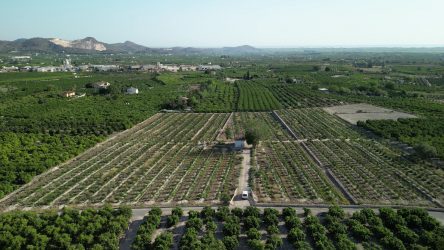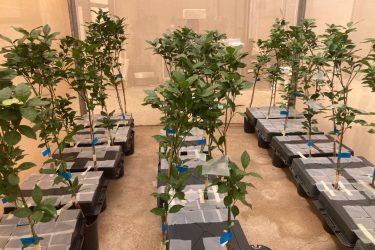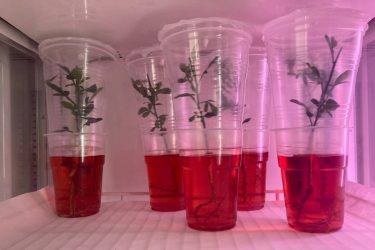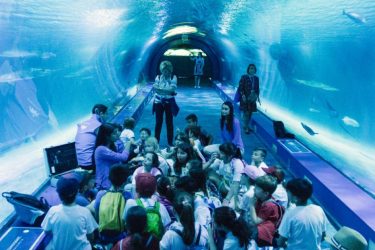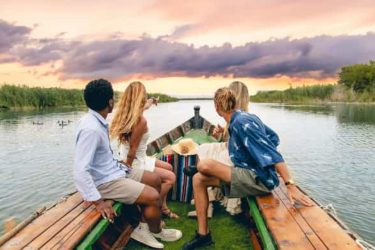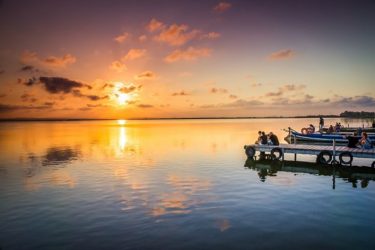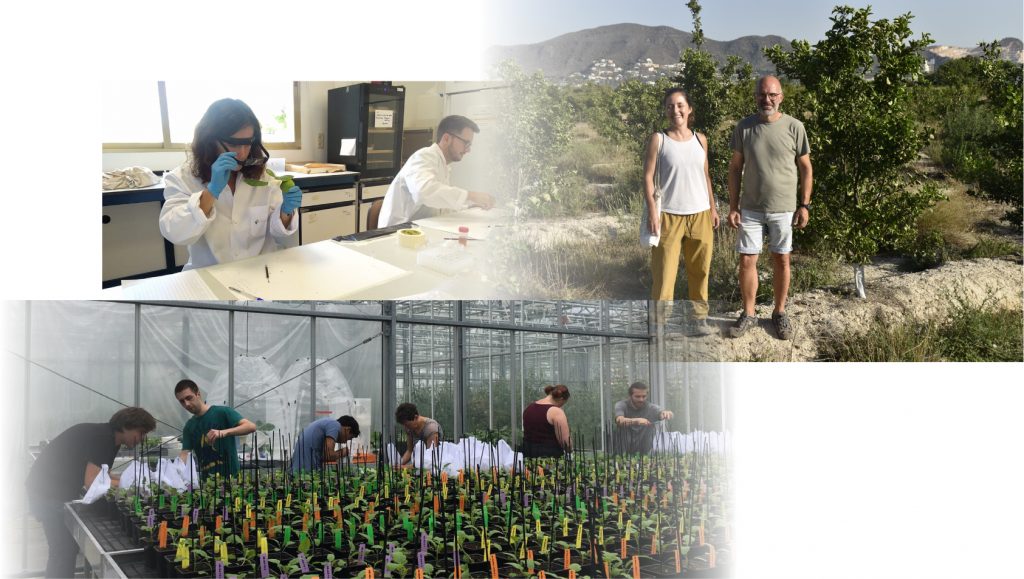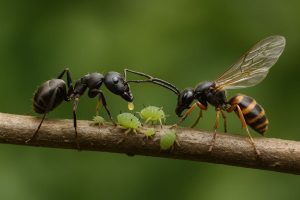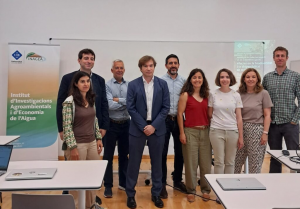With more than 12,000 citations (12509) and more than 200 publications most of them in high impact journals, Consuelo De Moraes is one of the great references in inter-organism communication research. I have had the great pleasure and privilege of being able to talk and interview her in depth about her scientific career.
About Consuelo de Moraes`s scientific career
Consuelo, originally from Brazil, obtained her B.Sc. degree from the Federal University of Minas Gerais, Belo Horizonte, Brazil, in 1992. After graduation, she moved to the USA and completed a PhD in entomology at the University of Georgia in 1998. Since 2001, he was a faculty member in the Department of Entomology at Penn State. In 2013, he accepted a professorship at ETH, where he directs the Biocommunication and Entomology Laboratory.
Her work focuses mainly on the role of chemical signaling (especially volatile chemistry and olfaction) in mediating interactions between plants, insects and microbes. To explore this topic, her group employs diverse research techniques ranging from molecular biology and analytical chemistry to behavioral studies and field ecology.
Their goal is to generate knowledge about the ecology and evolution of chemical signaling that also has practical relevance to pressing societal challenges, including sustainable food production, disease emergence and transmission, and ecological sustainability in the face of rapid environmental change.
Interview with Consuelo
Q: How did your childhood in Brazil influence your interest in insects?
A: Growing up in Brazil, entomology is a big part of life. My father was a university Professor of Biochemistry, and he had insects in his lab, so I was always exposed to them. From a young age, I loved being outside, curious about nature and insects.
Q: Did you have a master plan to pursue a career in science?
A: No, I never had a master plan to become a Professor. I was always a curious student who loved learning and got good grades. After finishing my BSc, I was looking for new opportunities to continue learning. A good friend of mine went to the US with a great plan, so I decided to join her. It was my first time abroad, but I grew up in an environment that promoted learning and international experiences.
Q: What was it like moving to the US for your PhD?
A: Initially, my goal was to finish my PhD and return to Brazil, but life had different plans. I’ve always been close to my family, so it was tough being far away, especially since video calls weren’t an option back then. I spent a lot of money on phone calls to my family. However, I was offered good opportunities, including an assistant professor position, and over time it became harder to leave the US.
Q: How did you end up working in Zurich?
A: Zurich wasn’t in my plans either. I was offered a great position and decided to try it out. At first, I kept my US position and ran two research groups simultaneously, but I wouldn’t recommend that to anyone—it was very stressful. However, I enjoyed living in Zurich. Switzerland has a high level of investment in science and many opportunities, so I eventually decided to stay.
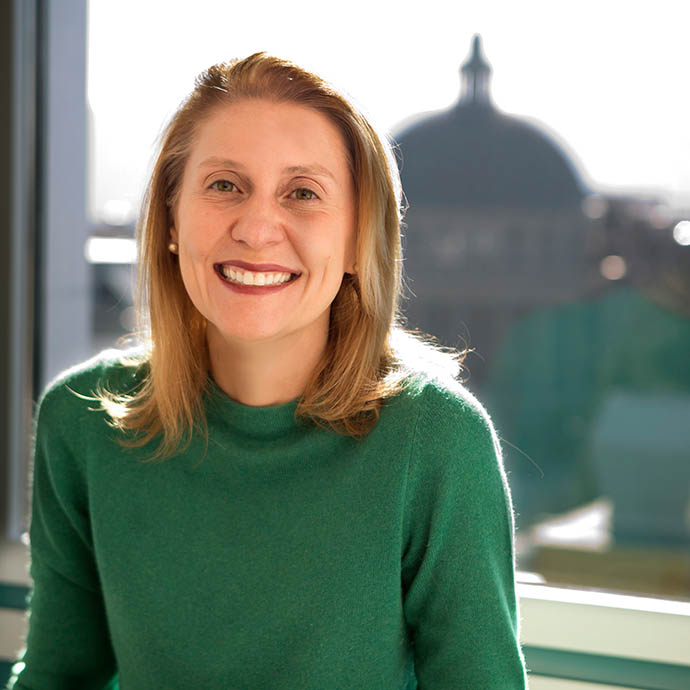
Q: What do you find rewarding and challenging about being a scientist in entomology?
A: Working as a scientist in entomology is a privilege. The sense of discovery keeps you motivated because you’re always learning and doing exciting things. However, it’s hard work. People tend to only see the successes, not the failures. Experiments often don’t go as expected, which can be disappointing. For example, after publishing my first paper, I did follow-up experiments in the next field season, and the parasitoids I was studying didn’t show up, so I had to change my approach and make a competition assay that would allow her to publish something. .
Q: How do you approach experiments and unexpected results?
A: I try not to have fixed expectations for experiments. It’s actually better to discover something unexpected because if you already expected it, chances are someone else did too, and it’s not as exciting. It’s the surprises that make the research more interesting.
Q: How do you handle feedback and criticism from reviewers?
A: My advice is not to take criticism personally. Reviewers often make comments that students can take to heart because they feel their work is being questioned. But it’s important to keep an open mind, learn from their feedback, and see what you can improve. Some reviewers may not be kind, but you have to filter out the bad words and focus on what helps you grow.
Q: What do you think is the biggest challenge in building a scientific career?
A: The biggest challenge is the job insecurity. It’s hard to build a scientific career because we love what we do, but at the same time, we need job security to pay bills and support our families. I don’t have a solution for the current system, but I believe it would be better to have smaller research groups with more permanent positions, rather than large groups where only a few people get promoted.
Q: Do you have any tips for succeeding in a scientific career?
A: You need a good strategy and flexibility because you’ll likely have to move and make sacrifices. A strong CV is essential, but luck also plays a role. For example, getting the right reviewers for your papers is sometimes out of your control. I try to balance high-risk, high-gain projects with more solid ones, so if something doesn’t work out, I still have publishable data.
Q: What advice would you give young scientists to increase their chances of success?
A: Work hard and be strategic. Develop strong time management skills and focus on things you’re passionate about because when things don’t go as planned, your passion will keep you going. Be a good colleague, foster positive relationships, and start writing early. Writing helps you identify gaps in your research, including experimental ones. The sooner you start writing, the better.
Q: How do you manage your work-life balance as a Professor?
A: Honestly, I don’t have a great work-life balance. I often work evenings and weekends, but I don’t mind because I love what I do. There are always extra tasks, like helping students, reviewing manuscripts, or writing letters. The job never ends, but I find it fulfilling.
Q: As a female scientist, have you faced any gender-related challenges in your career?
A: I don’t believe it’s about gender; it’s about the science you produce. But, as a female (and the same goes for men), you need to build your CV strategically, make good contacts, and do the best science you can. I never focused on the gender issue, I just kept going. A funny anecdote: after I published my first paper, some male scientists were surprised I was a woman—they had expected a man because I signed the paper as C. de Moraes. Universities should promote female scientists by offering facilities like breastfeeding rooms and grants for women. I support my team by offering flexible schedules and understanding family needs.
Q: How important is outreach and social impact in your work?
A: Outreach is a crucial part of the job. If we want societal changes, we need to convince people of their importance. Society understands the value of medical research but not as much the significance of fields like entomology and ecology. I work with school kids, showing them the beauty and importance of insects, both the positive aspects and the risks, like diseases they can spread. It’s important to communicate why we study them.
Main tips and advice extracted from the interview:
- Be Curious and Open to Learning: A love for learning and curiosity about the world, especially nature and insects, is essential. This curiosity led her to science without a fixed career plan.
- Flexibility is Key: Be open to opportunities as they arise. Moving abroad and taking positions in places you hadn’t planned for can open up new paths in your career.
- Manage Expectations in Research: Don’t set rigid expectations for experiments. Unexpected results can lead to exciting discoveries. If you expect something too much, it may already be known.
- Handle Criticism Positively: Don’t take reviewers’ or collaborators’ criticism personally. Learn from their comments, and focus on what can improve your work rather than the tone of the feedback.
- Address Job Insecurity in Science: The path from PhD to Postdoc to Professor is unstable. Smaller research groups with more permanent positions may offer a more opportunities compared to large, competitive labs.
- Strategize for a Successful Career: Be strategic about your career. Build a competitive CV, but understand that luck plays a role. For example, submitting papers to the right journals and having good luck with reviewers can make a big difference.
- Pursue High-Risk, High-Gain Projects: Always have a high-risk, high-reward project, but ensure that even if it fails, it produces solid, publishable data.
- Work Hard and Be Strategic: To succeed, work hard to create opportunities, develop excellent time management, and pursue what you’re passionate about. It will make setbacks easier to handle.
- Start Writing Early: Writing helps you identify experimental and conceptual gaps. Start small, with sections like Methods and Objectives, and keep building from there.
- Maintain Positive Relationships: Be a good colleague and nurture professional relationships. Networking is key to advancing in science.
- Navigating Gender in Science: Focus on the quality of your science, but be strategic in building a CV, forming contacts, and navigating the system. Gender should not be a barrier, but universities can do more to support female scientists through facilities and grants.
- Outreach and Social Impact: Engage in outreach to communicate the importance of your research, especially in fields like entomology and ecology, which may be less understood by the public.
- Work-Life Balance Challenges: Accept that the job may require long hours, and the work can be never-ending. However, if you love what you do, it can be manageable.
- Promote Family-Friendly Workplaces: Support teams with flexible schedules and understanding family commitments. Flexibility is key, especially for female scientists with families.
- Inspire the Next Generation: Encourage young people, especially through outreach with children, to appreciate the beauty and importance of insects and the natural world.





